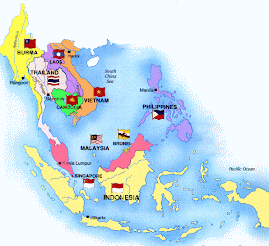"Conventional agriculture destroys our soils, pollutes our water and is a major contributor to climate change. What if our agricultural practices could stabilize, or even reverse these trends?
The Biochar Solution explores the dual function of biochar as a carbon-negative energy source and a potent soil-builder. Created by burning biomass in the absence of oxygen, this material has the unique ability to hold carbon back from the atmosphere while simultaneously enhancing soil fertility. Author Albert Bates traces the evolution of this extraordinary substance from the ancient black soils of the Amazon to its reappearance as a modern carbon sequestration strategy.
Combining practical techniques for the production and use of biochar with an overview of the development and future of carbon farming, The Biochar Solution describes how a new agricultural revolution can reduce net greenhouse gas emissions to below zero while increasing world food reserves and creating energy from biomass wastes.
Biochar and carbon farming can:
• Reduce fossil fuels inputs into our food system
• Bring new life to desert landscapes
• Save cooking and heating fuel with super-efficient stoves
• Help build carbon-negative homes, communities and nations.
Biochar is not without dangers if unregulated, and it is not a panacea, but if it fulfills its promise of taking us back from the brink of irreversible climate change, it may well be the most important discovery in human history.
A Message from Author Albert Bates:
Our choice as a global civilization is to stay with the path we are on — one that turns forest and farm to salty deserts — or to try a different path — one that was widely practiced in nearly half the world, and then tragically lost. If our fates can realign, we might get back to where we once belonged.
From excavations on the banks of the Amazon river, clearings of the savanna/gallery forests in the Upper Xingu, and ethnographic studies of Mesoamerican milpas, science has now re-traced the path of the second great agriculture, and, to its astonishment, found it more sustainable and productive that what we are currently pursuing.
While conventional agriculture leads to deserts, blowing parched dirt across the globe and melting ice caps, this other, older style, brings fertile soils, plant and animal diversity, and birdsong. While the agriculture we use has been shifting Earth’s carbon balance from soil and living vegetation to atmosphere and ocean, the agriculture that was nearly lost moves carbon from sky to soil and crops.
The needed shift, once embarked upon, can be profound and immediate. We could once more become a garden planet, with deep black earths and forests of fruit and nuts where deserts now stand. We can heal our atmosphere and oceans."






